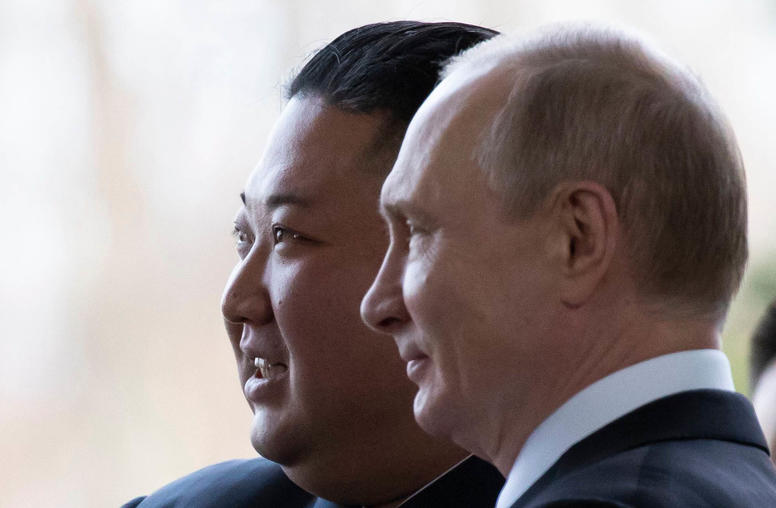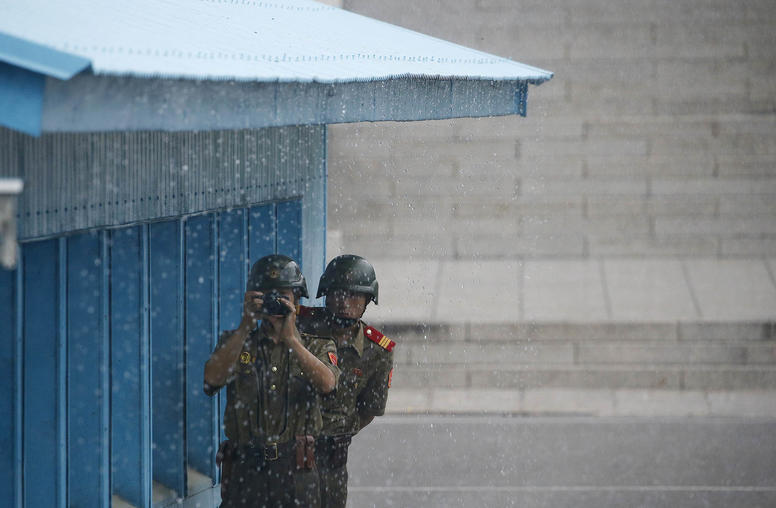Experts from the U.S. Institute of Peace co-convenved the 1st Seoul Nuclear Summit Security Group (SNS3G) workshop that is the first a series of prepatory workshops leading up to the 2012 nuclear security summit in Seoul.
May 2011
During May 12-13, USIP co-convened the 1st Seoul Nuclear Security Summit Study Group (SNS3G) workshop in Seoul. SNS3G’s key objective is to work with U.S. and South Korean officials and technical experts to help ensure that the 2012 nuclear security summit in Seoul leads to concrete progress in improving nuclear security. Workshop participants explored ways to strengthen existing measures and implement new ones aimed at preventing nuclear terrorism. Paul Hughes (Director, Nonproliferation and Arms Control Program) gave the opening remarks. John Park (Senior Program Officer for Northeast Asia) served as a panel moderator. USIP will be co-convening a series of preparatory workshops leading up to the 2012 summit.
This nuclear security project is another example of USIP’s Track 1.5 prevention work with policymakers. Other recent Asia-related prevention activities include two Track 1.5 conferences convened in Seoul to address heightened tensions on the Korean Peninsula.



